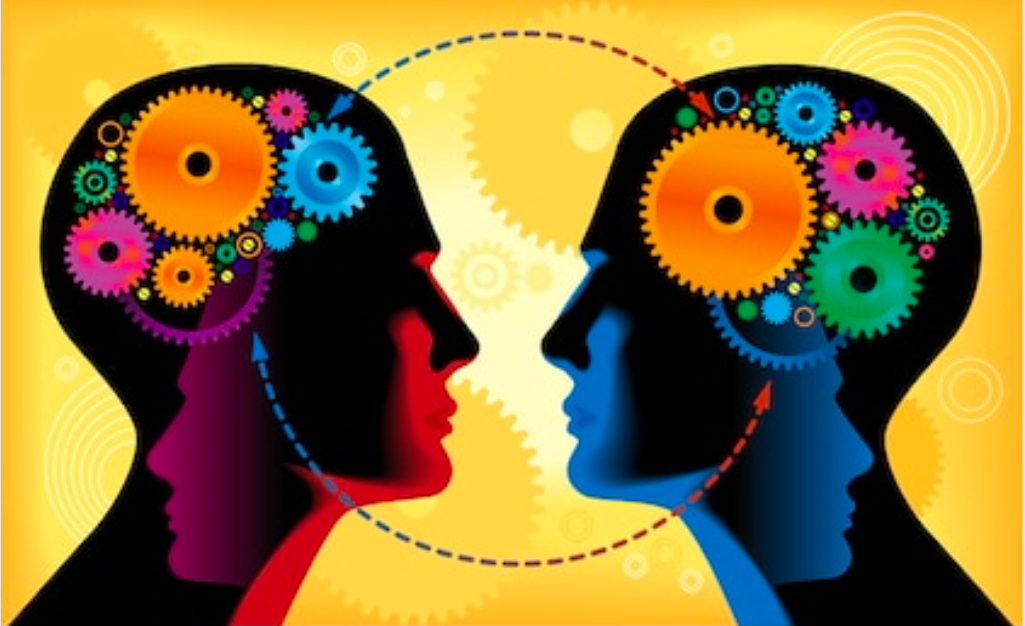
For those who don’t believe that political-economic questions and their answers are entirely grounded in philosophy and that philosophy underpins all knowledge, scientific and otherwise, I ask you to observe the nightmarish spectacle unreeling before us now: because in your lifetime you’re not likely to see a greater global-wide testament to the inescapable fact and nature of philosophy’s foundational place in human life.
Ask yourself: How do you know what you know or believe you know about Covid-19?
How do you know how contagious it is?
How do you know the risks? The infection rate? The demographics? The geography of the spread?
How do you know the actual death-rate? By what means?
Ask yourself: By what method or methods do you conclude? By what process do you determine accuracy? How do you distinguish between possible, probable, and certain?
How do you decide if the information you’re acting upon is true? By what standard?
What does “true” mean?
Is true synonymous with correct?
Ask yourself: How do we calculate the number of people worldwide, who are suffering from other illnesses and who cannot receive medical attention because of policies that have been enacted overnight? Upon what data were these policies determined? And was that data accurate? And how do we know?
How does government determine “essential businesses” from “non-essential” and why?
By what authority is government permitted to arrest people for being outside?
By what authority is government permitted to break up a one-year-old’s birthday party?
How do we calculate the number of people who will lose their entire life savings and the retirement for which they worked all their adult life?
How do we calculate the number of small businesses, including dentists, veterinarians, optometrists, doctors, and much, much, much more that will vanish because of governmental mandates — mandates permitted by whose authority? Mandates based upon what data? And how do we know if that data is correct?
How do we calculate the number of grocery stores and gas stations that will no longer be able to stay open and keep stocked?
Will crime spike? Will the social fabric tear apart? And how do you know, one way or the other?
How?
How do you even attempt to know?
Nobel Prize winning economist Friedrich Hayek described the “flow of knowledge” as the “central issue in all social organization,” which is overwhelmingly economic. Ask yourself: have we been cut off from a flow of knowledge which otherwise would have been ours had we left this issue to the private, non-governmental sectors, which sectors would have brought you a Covid-19 test as quickly as you could order takeout, and for the exact same reasons?
Why is the so-called Swine Flu (H1N1) from ten years ago all but forgotten — despite 57 million infections worldwide and 12,469 fatalities — whereas coronavirus has created a collective panic worldwide and, as a result of that panic, an economic nightmare in the making? Was the critical difference really that in the case of H1N1, the CDC worked with private laboratories and private medical facilities to disperse the tests, and succeeded?
Ask yourself: why have contrary perspectives by people with impeccable credentials been ignored?
Why in South Korea have infection rates fallen and fallen — with no shutdowns, no geographic quarantines, no panics, but everything open for business? Was it simply that they had access to testing, which is to say that people were given access to the essential and most important flow of information that was necessary at the time?
Was this really the case?
And is the opposite actually the major source of the problem in, for example, the United States?
Is it really, as Hayek said, that the flows of information, when they’re cut off by force — force for whatever reason and in whatever form — lead to complete chaos?
